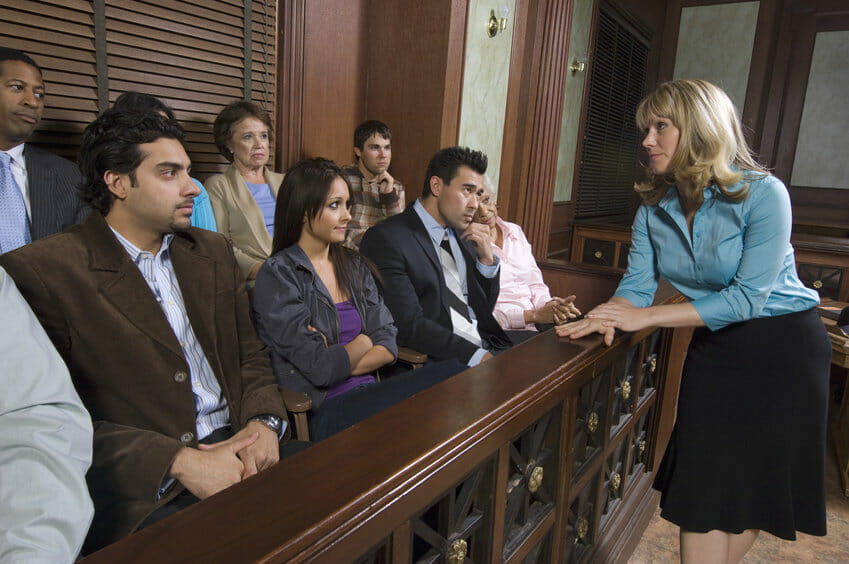Jury duty is not just our civic duty, it is a privilege given to U.S. citizens. While many see it as an inconvenience, it ensures everyone gets a fair trial, and we are required by law to appear. According to the Arizona Judicial Branch, Arizona courts handle an average of 6,386 new cases every business day. This should help put into perspective why it is so important that we do what we can to fulfill this responsibility when called upon.
READ ALSO: Most Influential Women: Christina Hamilton, The Cavanagh Law Firm
Jury duty can be a bit overwhelming, especially if you have never served. Here are some helpful tips and insight on what you need to know when you receive the jury summons in the mail. Do not ignore it or throw it away as you may be found by the court to be in contempt and subject to penalties provided by law.

Loren Suddes is a civil litigation attorney at The Cavanagh Law Firm.
I received a summons in the mail, now what? When you receive a summons in the mail, it will instruct you to go to a website and fill out a juror questionnaire. The summons will also include a group number, juror ID, appearance date and a phone number and may include a time to call the night before you are to appear to receive confirmation whether you must report or whether you have been excused. It is possible to ask for a postponement if you know you have a prior commitment, but it must be submitted within a specified time prior to the summons date.
What can I expect on the first day? Once you confirm you are to appear, bring your summons postcard with you. Give yourself plenty of time to park, go through security and find where you need to be at the designated time. If you arrive after your designated check-in time, you will likely receive a Failure to Appear summons and will be required to appear again. Attire is business casual.
When you arrive at the courthouse, you will go to a jury assembly area and check in. Then you will be divided into groups (called the jury panel) and will be assigned to a specific courtroom for jury selection. Once you enter the courtroom, the judge will provide details about the case, and you will be asked a series of questions. If you have a conflict with the trial dates and will not be able to serve, you can let the judge and attorneys know at this time.
Can I be excused? There are limited circumstances that can excuse you from appearing or serving in a trial. Once you receive your summons, you must contact the jury office with the reason you are not able to serve, prior to your service date. Some acceptable reasons include:
• Not a U.S. citizen
• Not a resident of jurisdiction
• Under 18 years of age
• Convicted felon whose civil rights have not been restored
• Adjudicated mentally incompetent or insane
If these circumstances do not apply, you may ask for a postponement within a certain time period before the initial summons date.
How can I serve if I am employed? Since Arizona law requires residents to serve, employers are required by law to give you time off to serve provided you give them notice prior to serving. Jurors who appear on the first day will be compensated for mileage and if selected to serve on a trial, jurors will receive daily compensation (usually $12/day) plus mileage for the length of the trial.
Your jury service is complete after you have served on a trial, when you have appeared at the court for jury service and were not selected for a jury or if you are excused from appearing. For more information about serving on a jury or your legal rights and responsibilities, contact The Cavanagh Law Firm, www.cavanaghlaw.com.
Loren Suddes is a civil litigation attorney at The Cavanagh Law Firm. She practices in Arizona state and federal courts and represents clients in a variety of matters including personal injury and wrongful death.




